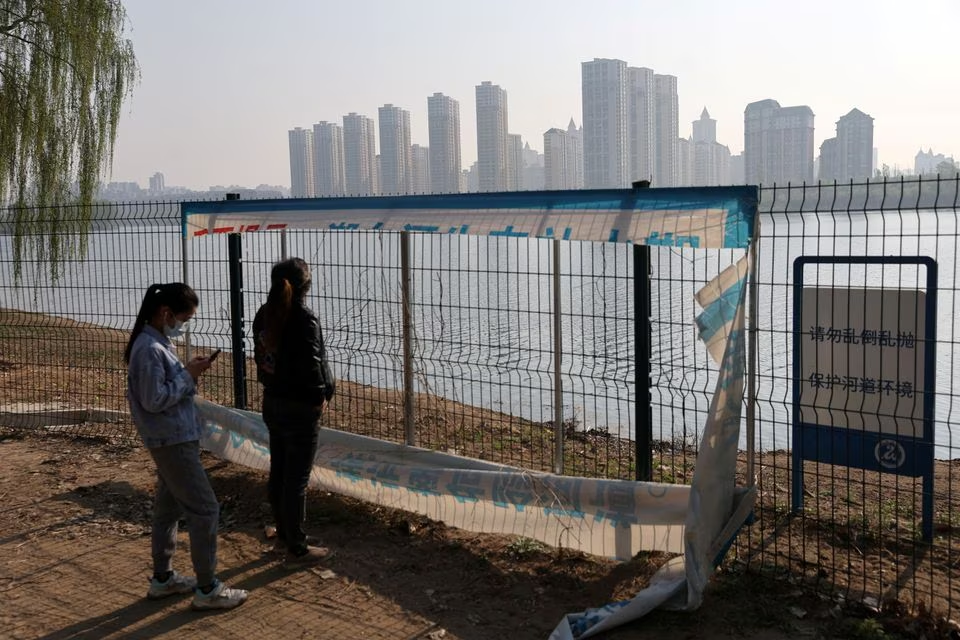
People stand near a fence along the river separating Beijing and Hebei province in 2022.
Reuters reported on May 23 that China is planning to build world-class advanced factory clusters in the Beijing-Tianjin-Hebei (Jing-Jin-Ji or JJJ) region. The cluster will focus on products such as electric vehicles and robots.
"Faced with new situations, new tasks and new requirements, as an important industrial center in China, the task of promoting coordinated industrial development in Beijing-Tianjin-Hebei is even more urgent," China's Ministry of Industry and Information Technology said in a statement on May 23.
Accordingly, the development of the factory cluster in Jing-Jin-Ji will focus on areas such as integrated circuits, cybersecurity, electrical equipment and the biopharmaceutical industry.
China's Ministry of Industry and Information Technology will also develop new energy vehicle industries, smart connected vehicles, biomedicine, hydrogen energy, robotics, as well as research on artificial intelligence, life sciences and aerospace technology.
Amid rising tensions with the United States, China's leaders have pledged to build a modern industrial system and achieve technological breakthroughs to win the "strategic initiative".
Over the past decade, China has sought to integrate the economies of Beijing, Tianjin and nearby Hebei province. This could also reduce regional income gaps and curb pollution.
In 2017, Chinese President Xi Jinping announced plans to build the Xiong'an New Area as part of a campaign to integrate the Jing-Jin-Ji region's economy and ease traffic and pollution in the Chinese capital.
Earlier this month, Mr. Xi, during a high-profile visit to Xiong’an — about 100 kilometers southwest of Beijing — pledged to move more state-owned companies and other organizations from the capital there.
Beijing has moved several universities, government agencies and industrial companies to Xiong'an, which has been tasked with taking over some of Beijing's "non-capital" functions.
Source link


![[Photo] Panorama of the 2025 Community Action Awards Final Round](https://vphoto.vietnam.vn/thumb/1200x675/vietnam/resource/IMAGE/2025/11/15/1763206932975_chi-7868-jpg.webp)
![[Photo] General Secretary To Lam receives Vice President of Luxshare-ICT Group (China)](https://vphoto.vietnam.vn/thumb/1200x675/vietnam/resource/IMAGE/2025/11/15/1763211137119_a1-bnd-7809-8939-jpg.webp)


![[Photo] Prime Minister Pham Minh Chinh meets with representatives of outstanding teachers](https://vphoto.vietnam.vn/thumb/1200x675/vietnam/resource/IMAGE/2025/11/15/1763215934276_dsc-0578-jpg.webp)



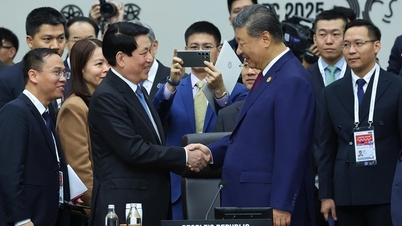

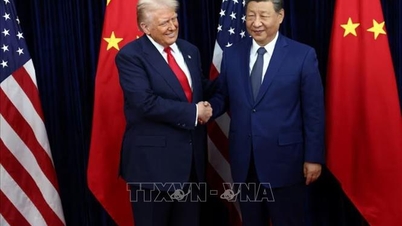






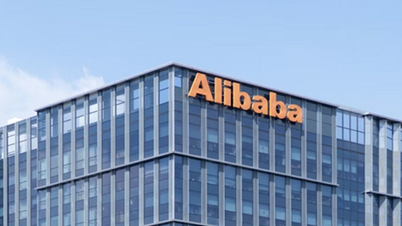


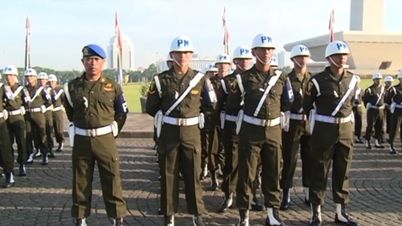
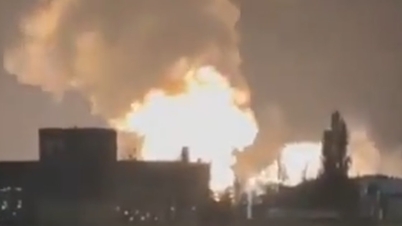




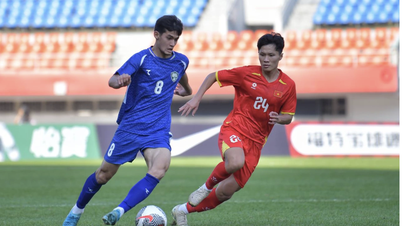
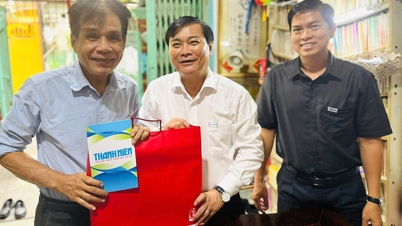
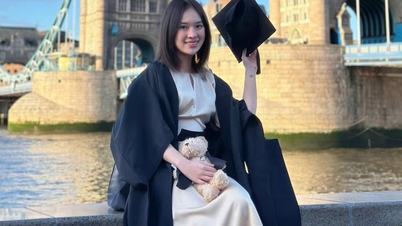
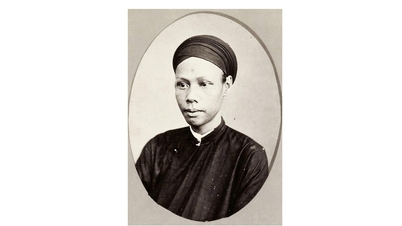
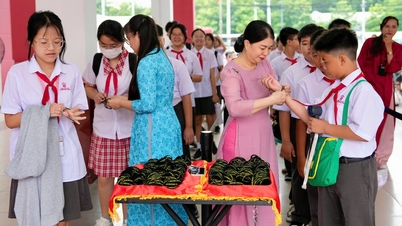
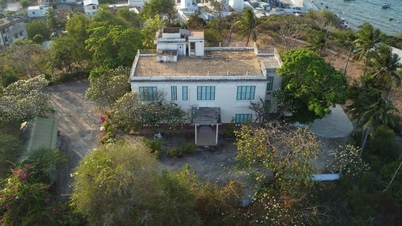





































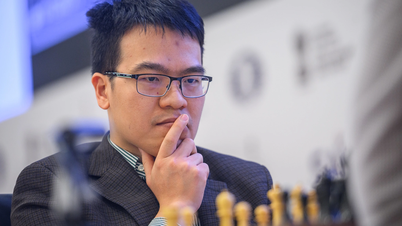

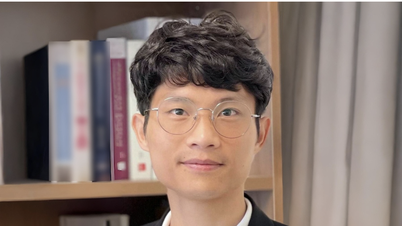

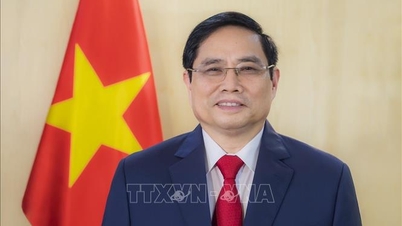
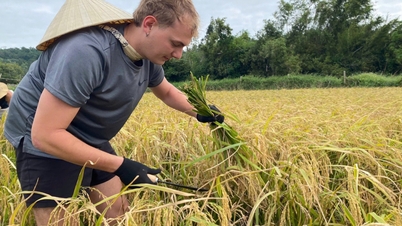
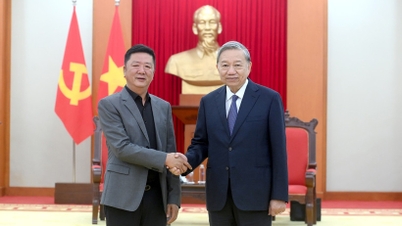






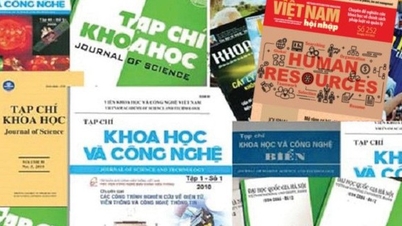
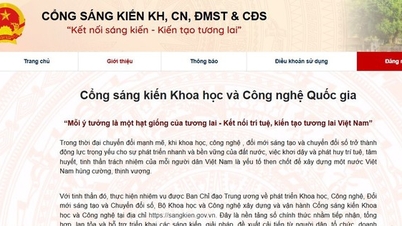




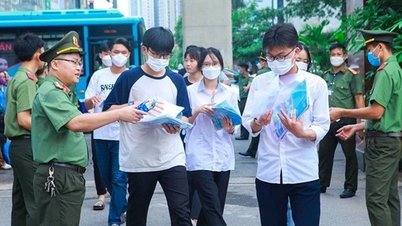


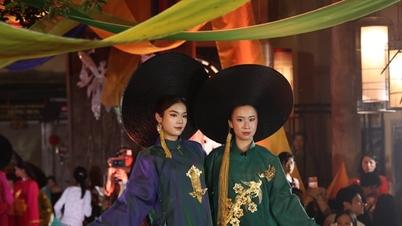
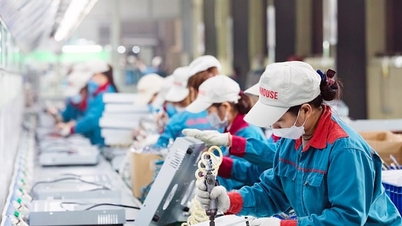







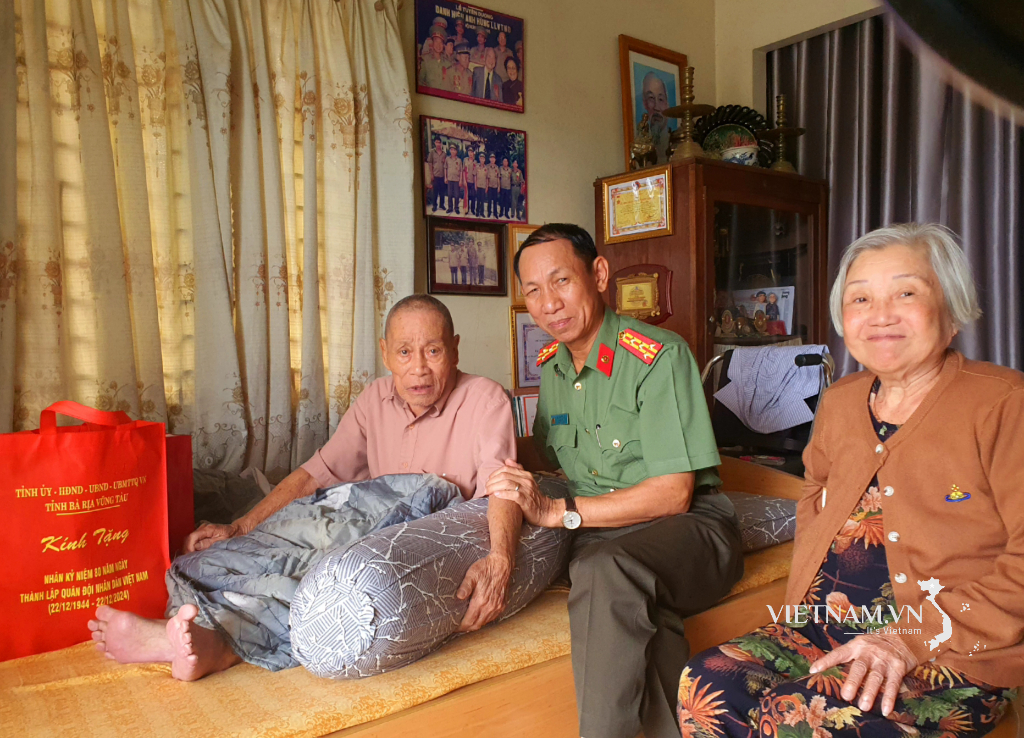



Comment (0)